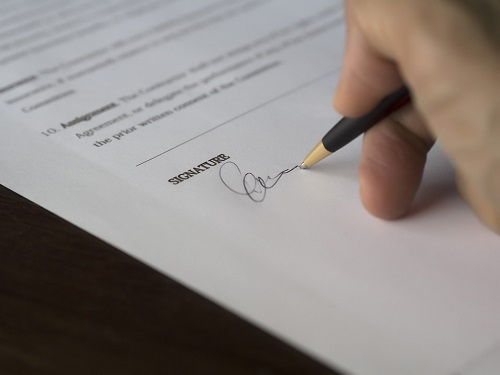 The Notary Hotline receives hundreds of calls daily from Notaries nationwide who find themselves in challenging situations. To boost your knowledge of Notary standards of practice, we’ve created a series of scenarios based on actual situations and ask a simple question: What would you do?
The Notary Hotline receives hundreds of calls daily from Notaries nationwide who find themselves in challenging situations. To boost your knowledge of Notary standards of practice, we’ve created a series of scenarios based on actual situations and ask a simple question: What would you do?
Notaries often encounter signers who claim to have a power of attorney authorizing them to sign a document on behalf of someone else. These signers are commonly called attorneys in fact. In this real-life case, a man claims to have the power of attorney to sign for his elderly aunt on a grant deed. But he insists that he only sign his aunt's name and that his name should not appear anywhere on the document or certificate.
What would you do?
The requirements and standards for dealing with an attorney in fact differ from state to state, and unscrupulous individuals have taken advantage of powers of attorney — or falsely claimed to have them — to commit fraud, especially property and mortgage fraud.
Does this scenario raise any concerns? How would you handle it?
To participate in this week’s “What Would You Do?” scenario, share your answers in the comments section below. We may mention your response in next week’s Bulletin, when we offer the best possible answer(s) to this Notary challenge.
Related Articles:
What Would You Do Answers: The case of the absent signer
Additional Resources:
Tips & Tutorials for Notaries